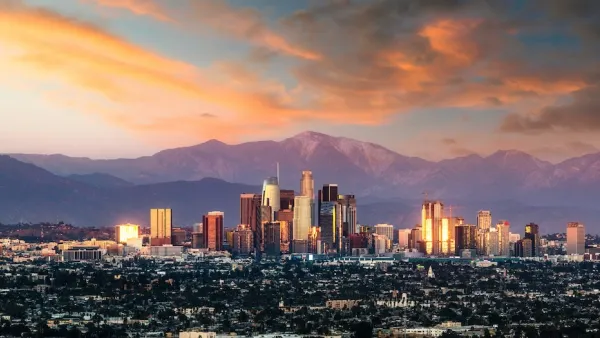Global leaders met last week in New Delhi to discuss climate change mitigation through sustainable development measures. For those on the front lines of climate change, the intransigence of the U.S. has sparked concern, reports Joanna Zelman.
Political and thought leaders from all over the world met in New Delhi, India from January 31 - February 2, 2013 to discuss the impacts of climate change on the environment and world economy. Discussions at the 2013 Delhi Sustainable Development Summit (DSDS) focused on adaptive and mitigating measures to curb greenhouse gas emissions, boost employment in green economies, promote sustainable and equitable development in a knowledge economy and forge a vision for the future of the planet.
Leaders from nations most impacted by climate change, including Kiribati, the Seychelles, the Maldives and Canada spoke of the unique problems they face: coastal erosion, flooding, extreme weather patterns and the opening of new maritime routes in the Arctic. As Guyana's President Donald Ramotar voiced the "disproportionate burden" developing countries carry when it comes to climate change, most participants of the TERI-India-organized conference agreed that the United States should take a leadership role.
The World is Flat author Thomas Friedman and former Florida Governor Charlie Crist lamented the relative timidity of the U.S. in acknowledging climate change.
But not all was doom and gloom. TERI Director General R.K. Pachauri cited a cautionary Sustainable Europe Research Institute (SERI) paper [PDF], which compares material consumption and resource productivity in 19 Asian countries, representing more than 90% of GDP in Asia, over 20 years.
The paper, which looks at resource extraction, material trade, consumption, GDP, productivity and CO2 emissions concludes: "Asian countries need to alter current development trends and help avoid a situation of severe global resource scarcities and (potentially armed) conflicts about access to limited natural resources. Increasing resource productivity, erasing poverty in the developing countries and reducing resource use in the high‐consuming countries are key priorities in a joint Asian policy agenda towards 'Green Industries'."
According to the paper's policy conclusions, in order to successfully implement a joint agenda like the "Manila Declaration on Green Industry in Asia," which contains a Framework of Action for the transition to low-carbon economies, nations need to balance resource efficiency and consumption patterns, improve infrastructure and materials energy efficiency and transfer material affluence to poor nations in an ecologically sound way.
FULL STORY: Delhi Sustainable Development Summit 2013 Explores Global Climate Change Challenges

Analysis: Cybertruck Fatality Rate Far Exceeds That of Ford Pinto
The Tesla Cybertruck was recalled seven times last year.

National Parks Layoffs Will Cause Communities to Lose Billions
Thousands of essential park workers were laid off this week, just before the busy spring break season.

Retro-silient?: America’s First “Eco-burb,” The Woodlands Turns 50
A master-planned community north of Houston offers lessons on green infrastructure and resilient design, but falls short of its founder’s lofty affordability and walkability goals.

Test News Post 1
This is a summary

Analysis: Cybertruck Fatality Rate Far Exceeds That of Ford Pinto
The Tesla Cybertruck was recalled seven times last year.

Test News Headline 46
Test for the image on the front page.
Urban Design for Planners 1: Software Tools
This six-course series explores essential urban design concepts using open source software and equips planners with the tools they need to participate fully in the urban design process.
Planning for Universal Design
Learn the tools for implementing Universal Design in planning regulations.
EMC Planning Group, Inc.
Planetizen
Planetizen
Mpact (formerly Rail~Volution)
Great Falls Development Authority, Inc.
HUDs Office of Policy Development and Research
NYU Wagner Graduate School of Public Service



























